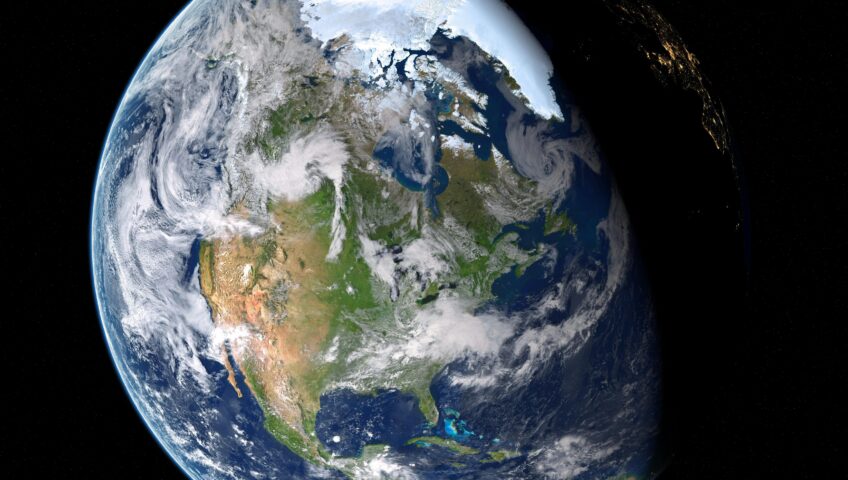Did you know that scientists have recently concluded that the Earth's rotation has been accelerating?
We recognize January 8 as Earth's Rotation Day because French physicist Leon Foucault discovered that it revolves on its axis once every 24 hours in 1851. Since this discovery, scientists have been examining the Earth's daily rhythms, which are responsible for our ability to experience daylight cycles.
The Earth has been found to be rotating more quickly than usual in recent years, which may result in shorter days. According to TimeAndDate.com, “On June 29, 2022, Earth completed one spin in 1.59 milliseconds less than 24 hours.” Based on this rotation speed, we might see a "negative leap second," in which case our atomic clocks will have to skip a second to synchronize with the Earth’s rotation if the days keep getting shorter. Some scientists believe that the “negative leap second” could happen as early as 2029 if Earth’s rotation continues with its current speed. Based on recent studies, there have been many speculations that the melting ice phenomenon is causing the Earth’s rotation to accelerate. For example, places like Greenland and Antarctica have been experiencing rapid ice melting. The article “NASA-Funded Studies Explain How Climate Is Changing Earth’s Rotation” by NASA Jet Propulsion Laboratory, California Institute of Technology, stated that “a recent study measures the extent to which polar motion is being driven by climate-related processes, such as the melting of glaciers and ice sheets. And another study examines how Earth’s day is getting longer due to polar meltwater" (Wang & Lee, 2024). Researchers have been studying these changes for decades, trying to understand and find a solution to this rapidly growing issue of melting glaciers.
Researchers and engineers have been working on geoengineering techniques to potentially reduce the melting glaciers. Underwater barriers and curtains have the capacity to prevent warm water from reaching the glacier floor, making them one of the most promising geoengineering strategies that could have a beneficial effect on the melting glaciers. Another geoengineering strategy that might help with melting glaciers is drainage. The drainage will be able to control the flow of meltwater, which could reduce possible hazards and avoid flooding. To conclude, renewable energy sources are also promising strategies to control greenhouse gas emissions, which is one of the contributing factors of climate change. Based on published data, the primary contributors to the rising levels of greenhouse gases in the environment are human activities like using electricity and transportation. So, let's commemorate this Earth's Rotation Day by raising awareness of our environmental issues.
Happy Earth’s Rotation Day!


